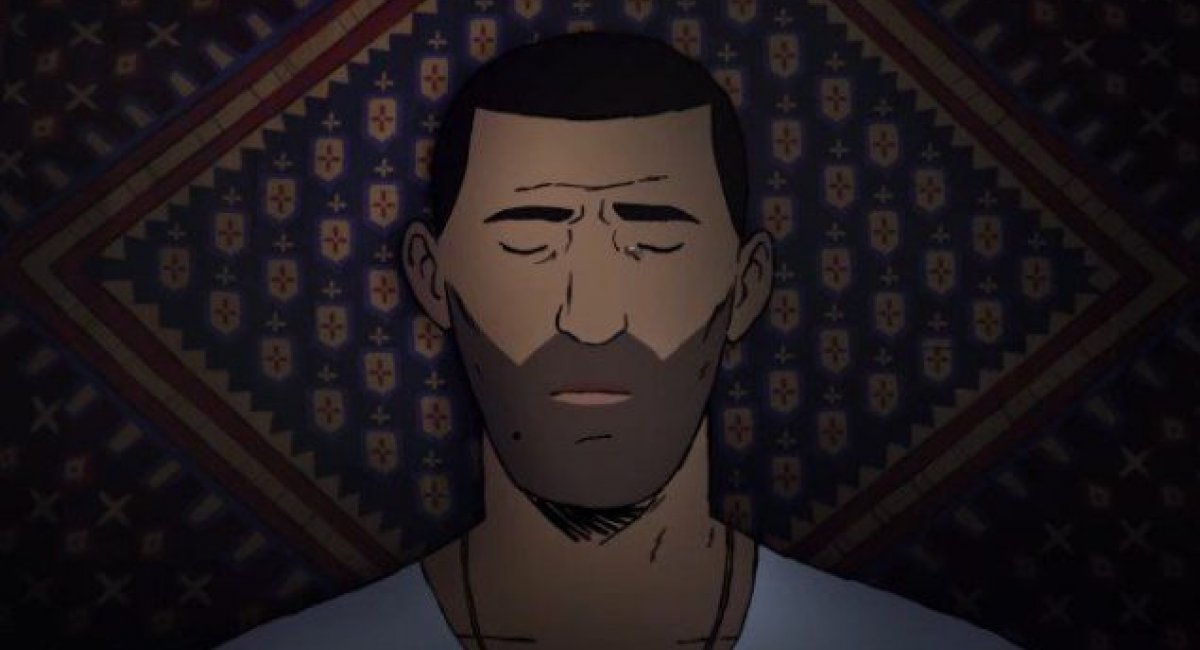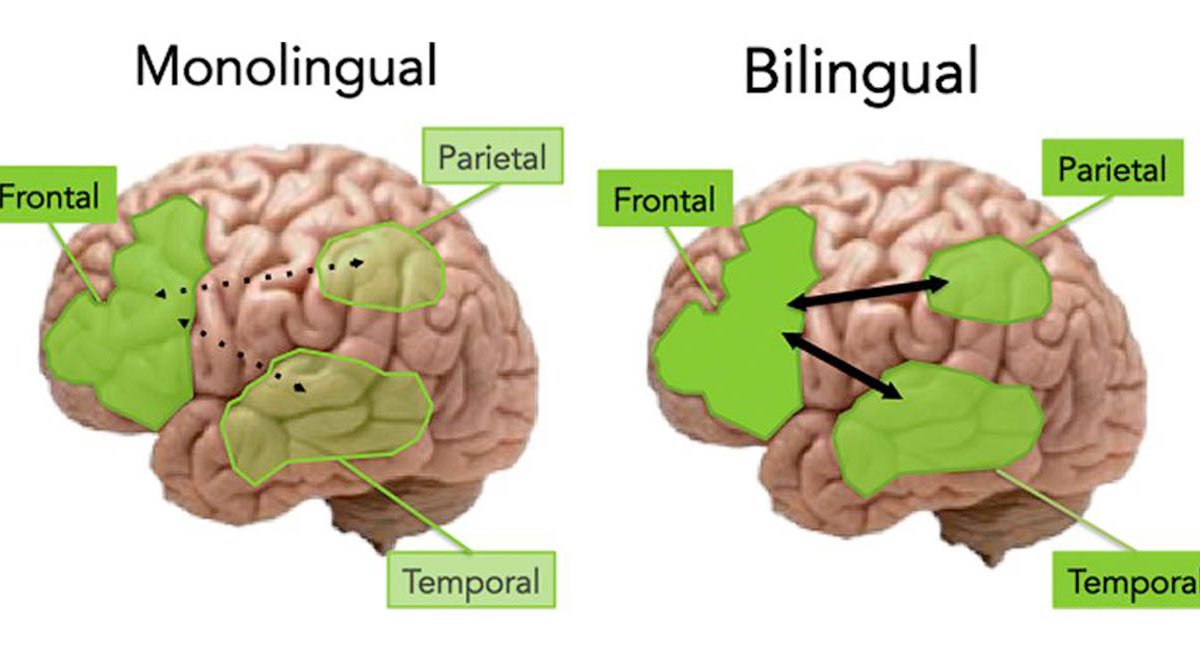Animation for raising awareness
By Katya, December 06 2022
It is difficult for people living in safe countries to imagine refugees' problems. Jonas Poher Rasmussenis decided to use animation to show the difficulties of this group of people. His documentary, Flee, became a successful example of using animation to tell a true story.
The film, which has received several nominations and awards, tells the story of Amin Nawabi (the name was changed). When he was a child, his family had to run away from Afghanistan to Russia. Later on, he becomes a successful academic in Denmark. However, his life continues to be difficult because he is a refugee, and gay.
Usually, people don’t think of animations as documentaries. But it can be a powerful tool to raise important social issues. Animations can do what movies can not: show realism and abstraction. They can display realistic images of war and make it less traumatic at the same time.
There are not many animations made about refugees. News and politicians tend to depict them as criminals. The creators hope to go against this and show refugees’ true experiences.





















